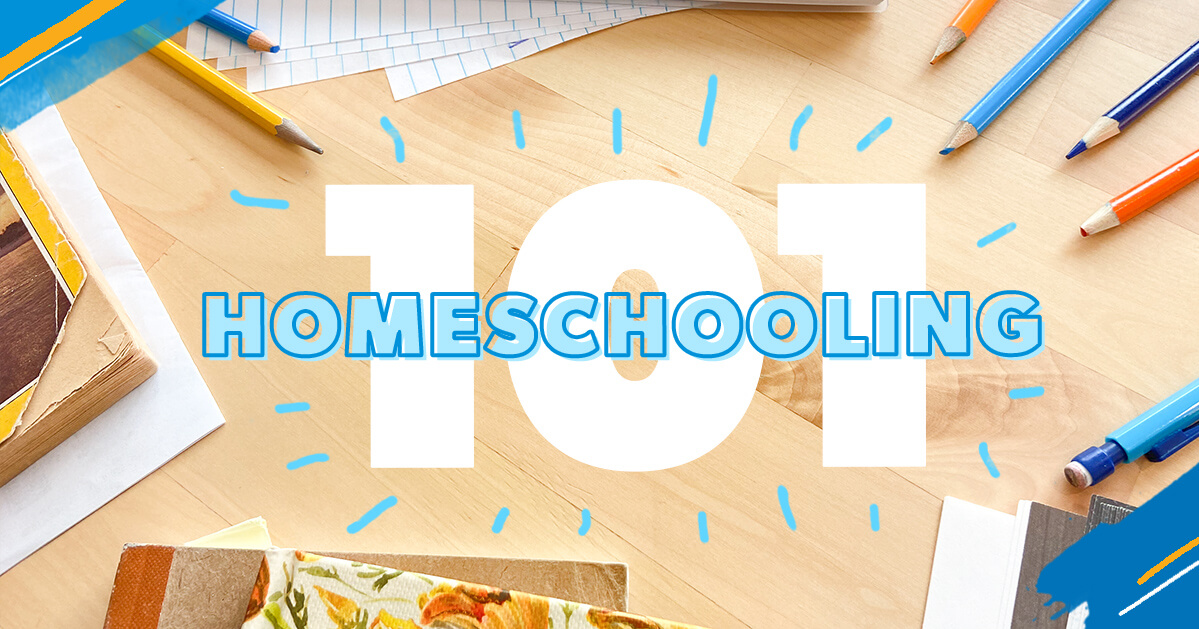Carapeastra Insights
Your go-to source for news and information on a variety of topics.
Homeschooling: Where Every Day is a Field Trip
Discover how homeschooling turns every day into an exciting field trip! Explore fun learning adventures that inspire curiosity and creativity.
Top 10 Unique Field Trip Ideas for Homeschooling Families
Field trips can be an enriching experience for homeschooling families, allowing children to learn in a hands-on environment. Here are top 10 unique field trip ideas that can spark creativity and enhance learning:
- National Parks – Explore the beauty of nature and learn about ecology and conservation.
- Bird Watching Tours – Discover local wildlife and the importance of biodiversity.
- Local Museums – Dive into history, art, and science right in your community.
- Working Farms – Experience agriculture firsthand by visiting farms and learning about food production.
- Science Centers – Engage in interactive exhibits and hands-on experiments that make learning fun.
Continuing with our list, here are five more field trip ideas for homeschooling families:
- Theater Performances – Appreciate the arts and boost creativity by attending local theater shows.
- Zoos and Aquariums – Learn about animals and conservation efforts through observation and education programs.
- Historic Sites – Bring history to life by visiting landmarks and learning about local heritage.
- Art and Craft Workshops – Encourage creativity by participating in hands-on art and craft sessions.
- Adventure Parks – Promote physical well-being and teamwork through fun outdoor activities.

How to Turn Everyday Activities into a Learning Experience
Turning everyday activities into a learning experience can significantly enhance both personal growth and skill development. For instance, cooking a meal involves multiple skills, such as measurement, time management, and even cultural knowledge if you're experimenting with international recipes. You can make this activity more educational by discussing the nutritional value of ingredients or the history behind the dishes. Resources like Healthline can provide valuable information on healthy eating that you can integrate while cooking.
Another way to make daily tasks educational is through mindful observation during outings. Whether you're on a walk or running errands, take the opportunity to note the environment and engage with your surroundings. You could practice identifying different plants, understanding local wildlife, or studying architecture in your neighborhood. This practice not only enriches your knowledge but also fosters a deeper connection with your community. Check out National Geographic for more insights on biodiversity that you can observe in everyday life.
What Are the Benefits of Making Every Day a Field Trip in Homeschooling?
One of the most significant benefits of making every day a field trip in homeschooling is that it transforms the learning environment. By taking lessons beyond the confines of a traditional classroom, children can engage with the material in a hands-on way. According to Edutopia, experiential learning helps boost retention and understanding, allowing students to connect theoretical knowledge with real-world applications. This method fosters curiosity and can make subjects like science and history come alive, encouraging a lifelong love of learning.
Additionally, daily field trips can be tailored to a child's specific interests, promoting individualized education. This flexibility allows parents to organically integrate subjects into daily activities, whether it’s visiting a local museum, engaging in community events, or exploring nature. Educational psychologist Dr. David Sobel emphasizes that outdoor learning experiences can significantly enhance children's creativity and critical thinking skills. By making every day a field trip, homeschooling families can enrich the learning journey, making it not just informative but also enjoyable and memorable.